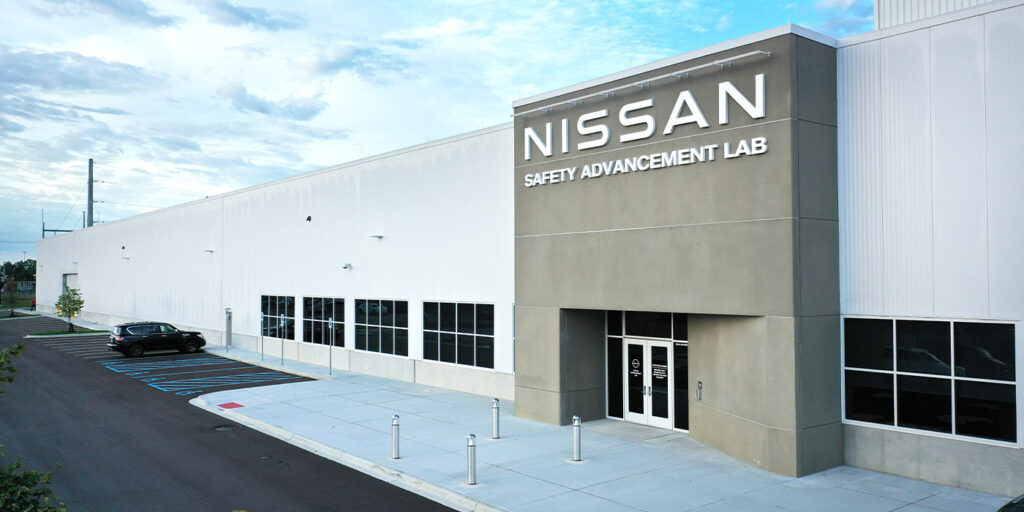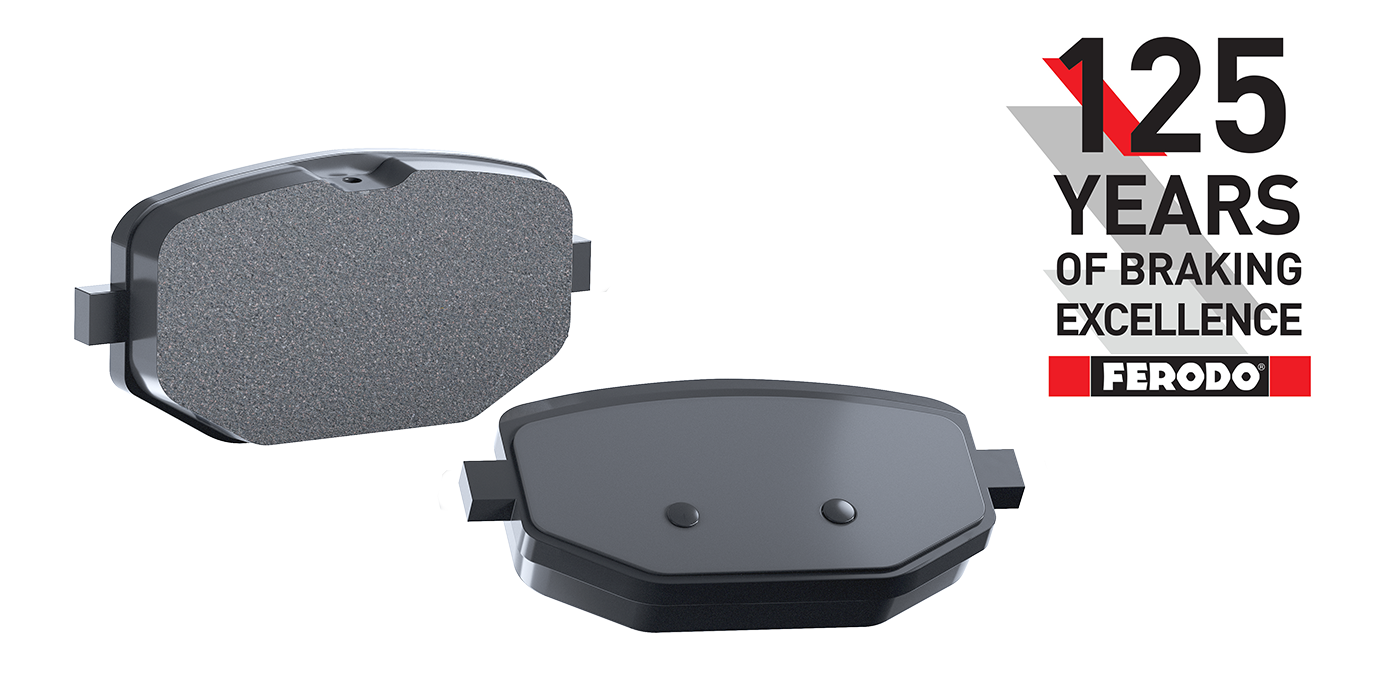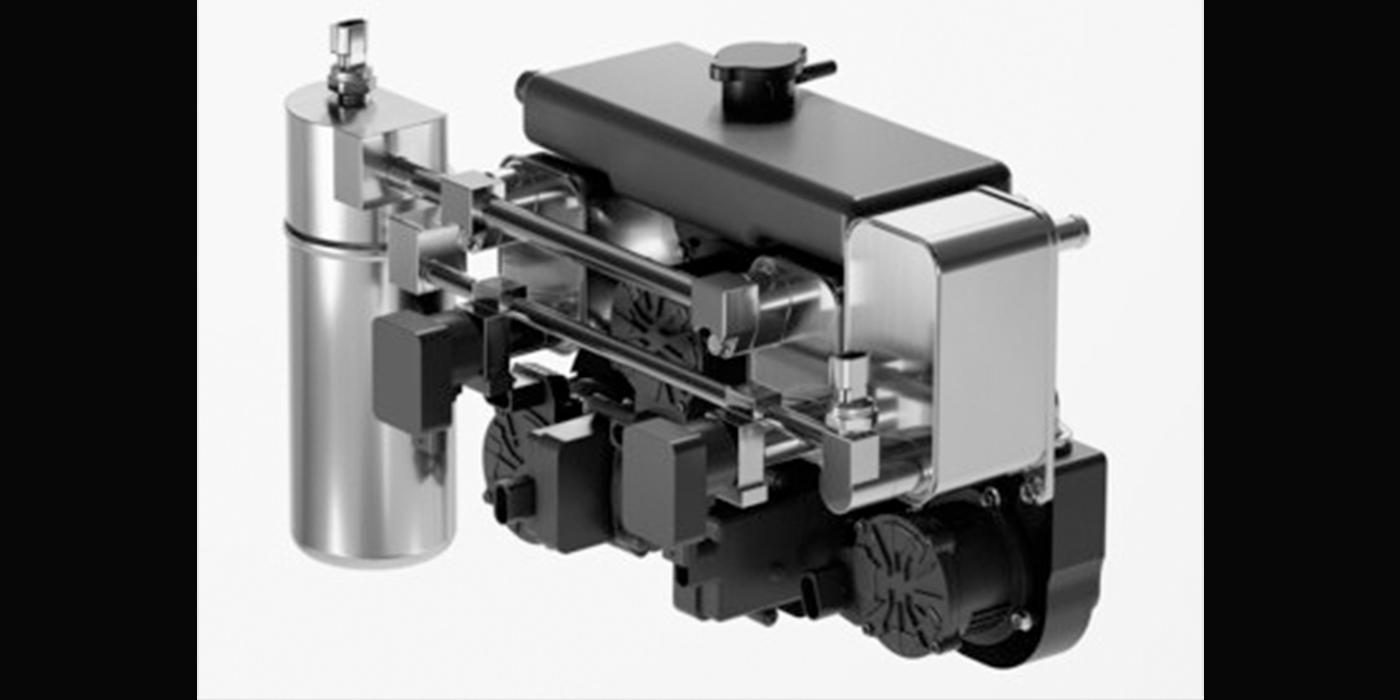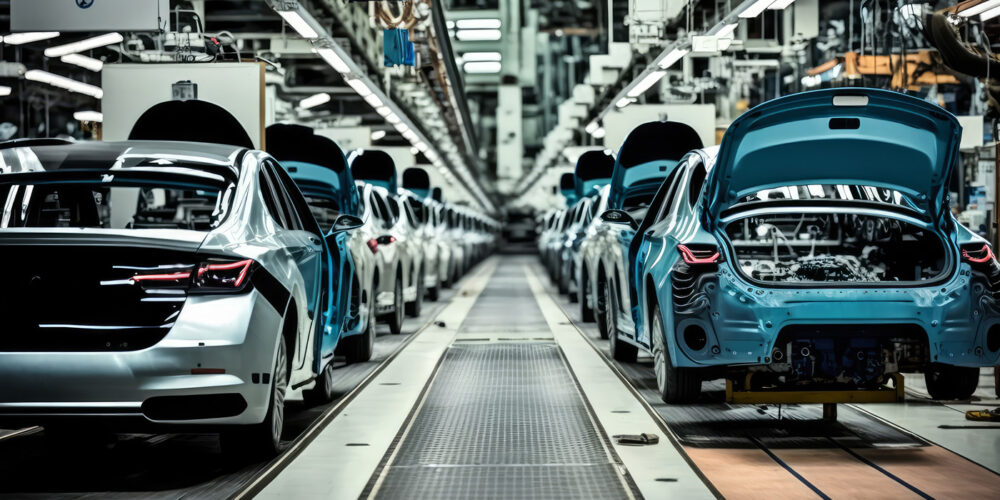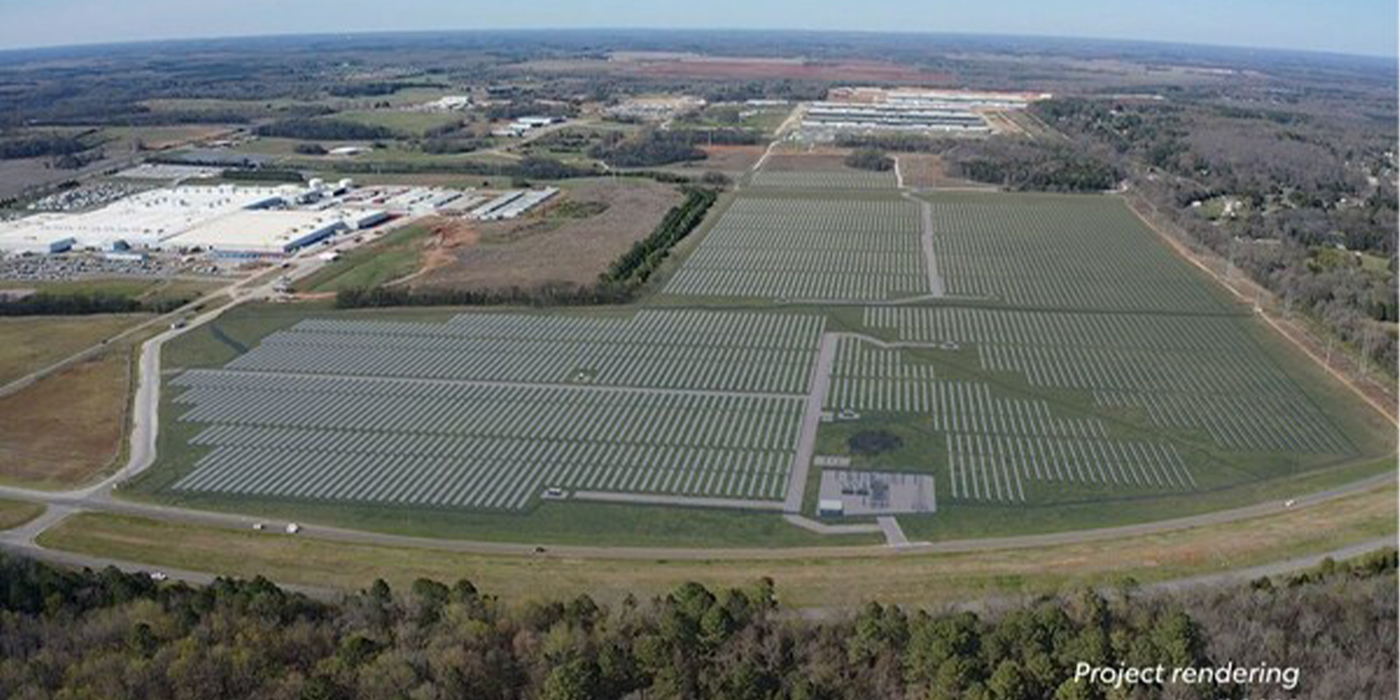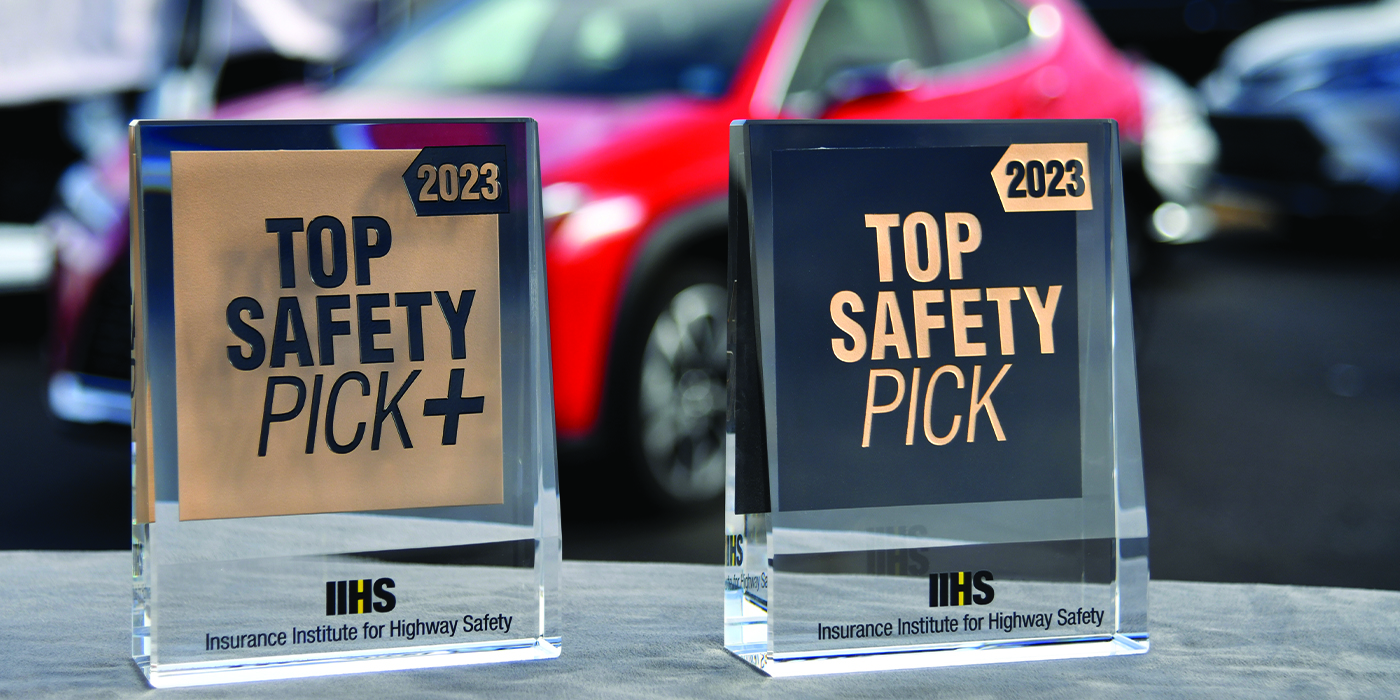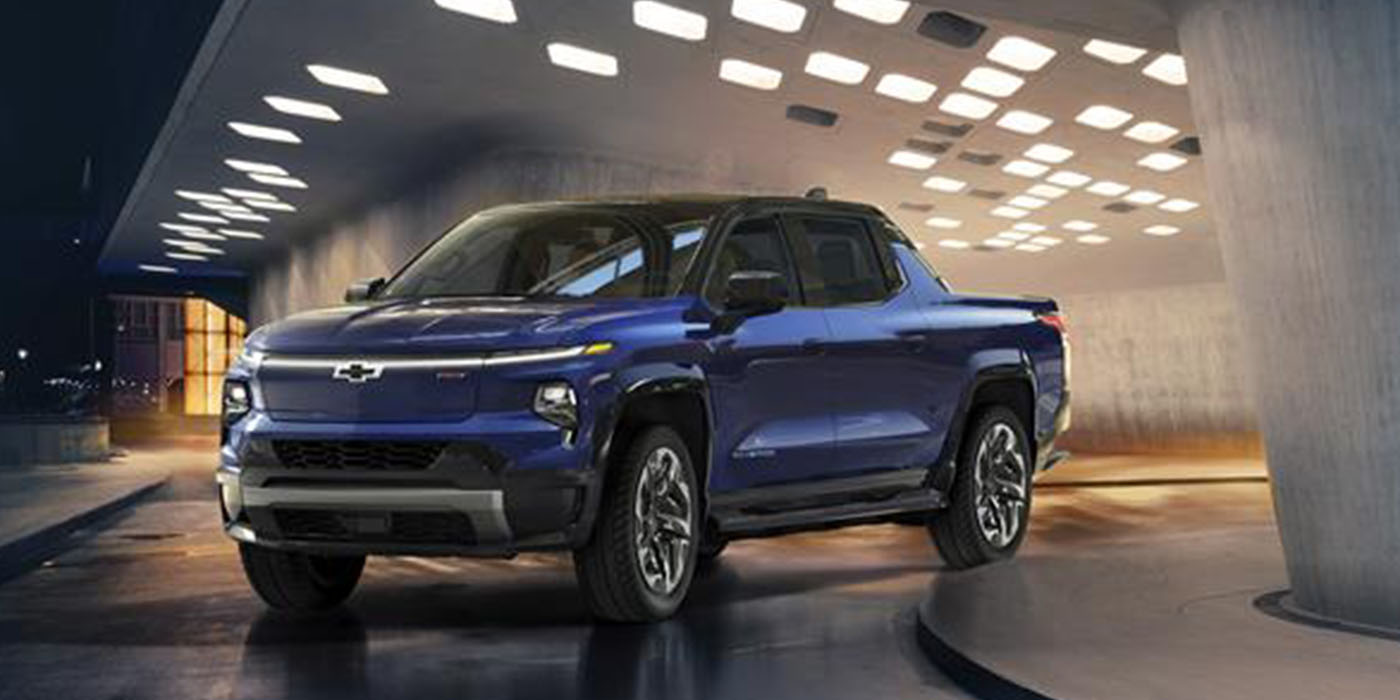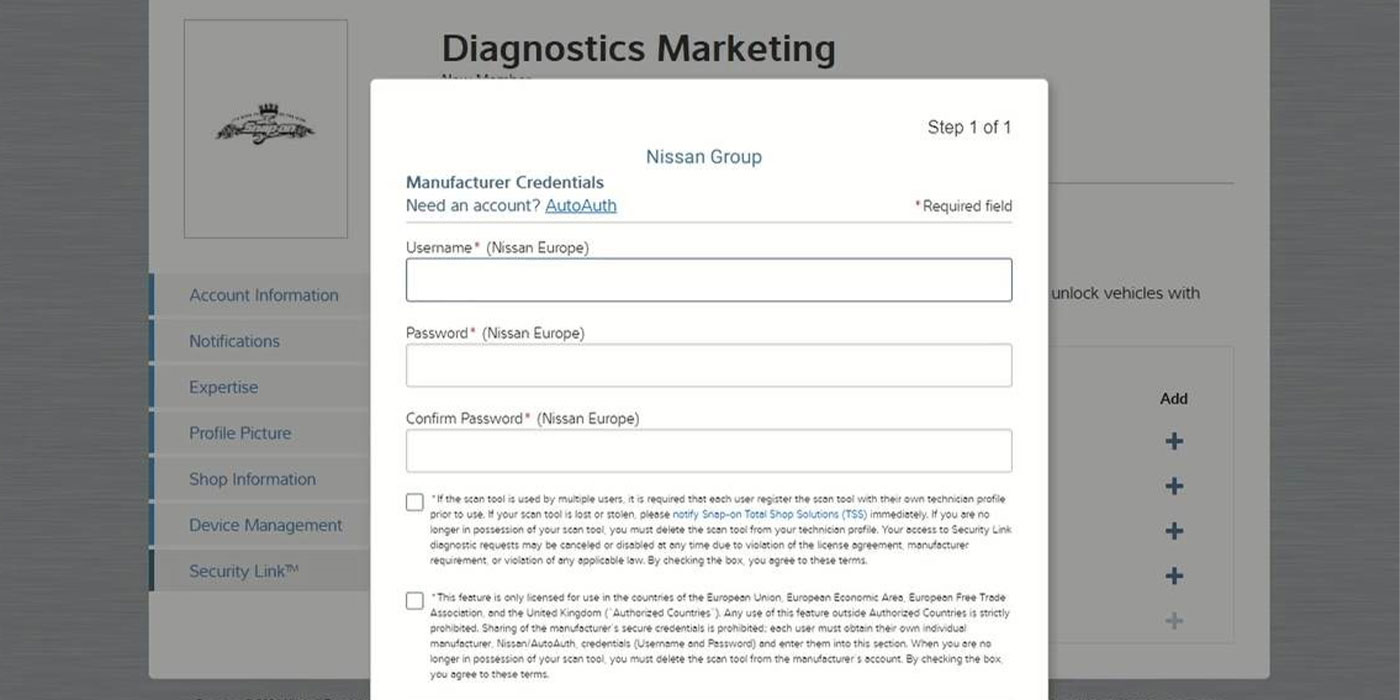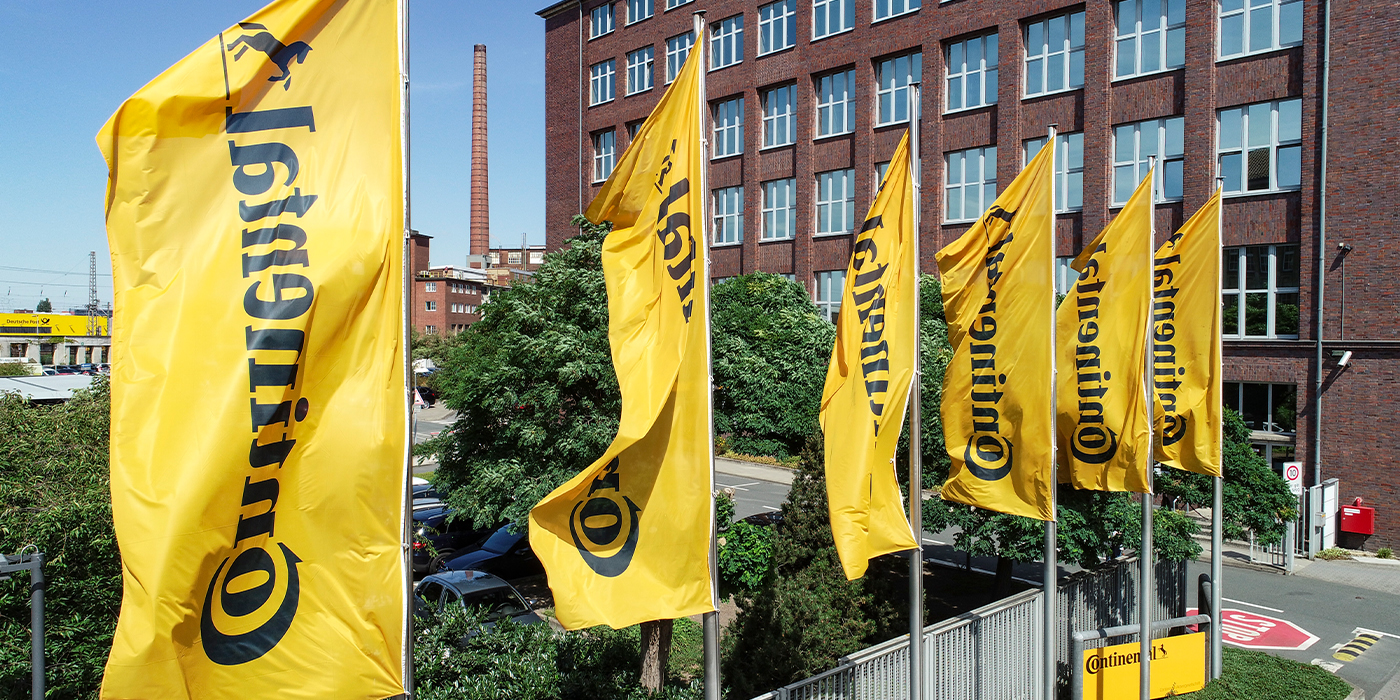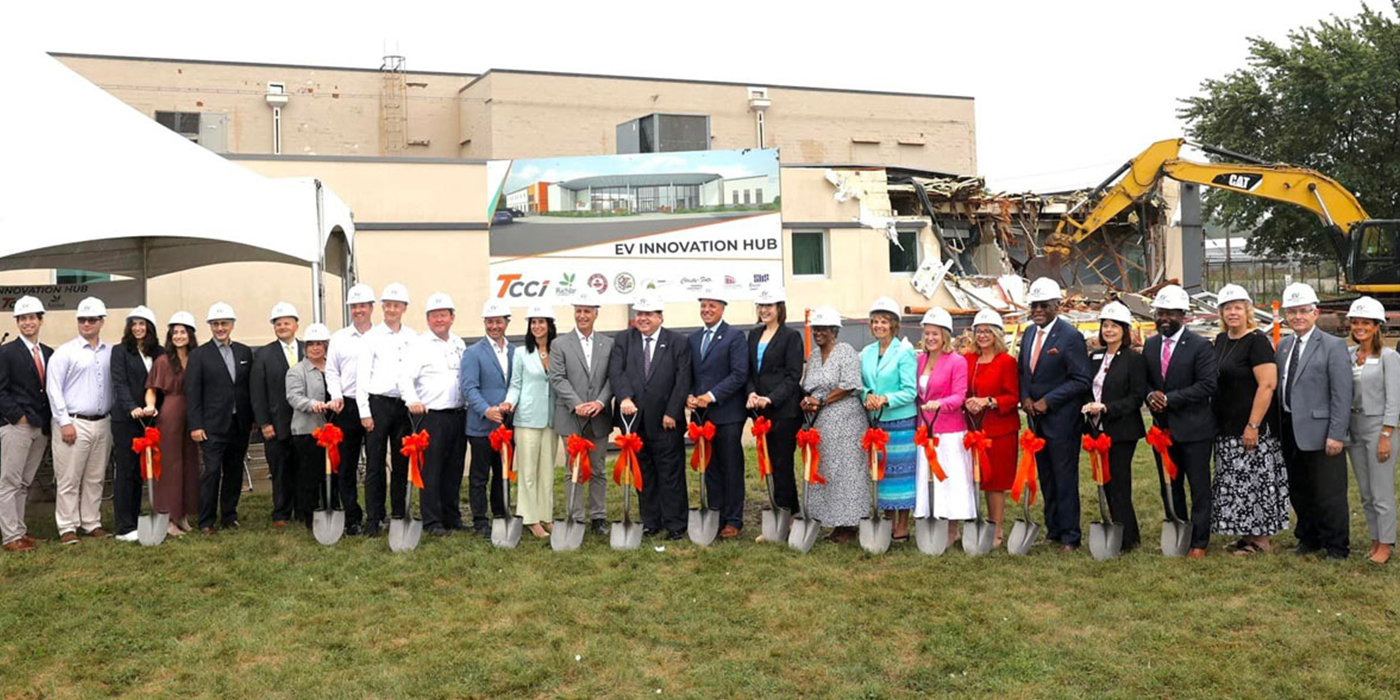Nissan has expanded Nissan Technical Center North America (NTCNA) with a more than $40 million dollar Safety Advancement Lab for full vehicle crash testing, vehicle certification, advanced development testing and benchmarking. Engineers can conduct 48 different passive safety crash test simulations on-site, creating efficiencies in timing and results analysis. The 116,000-square-foot facility is equipped with state-of-art, high-speed photography systems, data acquisition equipment and a precise vehicle tow system. The site also includes a test dummy calibration lab, space for preparing vehicles and a pedestrian safety lab.
“This expansion underscores Nissan’s commitment to the region and enables us to be a global center of excellence for new vehicle testing,” said Chris Reed, regional senior vice president, Research and Development, Nissan Americas. “The goal of virtually zero fatalities is always guiding our work. The combination of this new lab plus our passive and active safety technologies can help us reach that goal.”
Nissan has been a pioneer in electrification since the launch of the all-electric LEAF in 2010, and is currently targeting 40 percent of U.S. sales to be electric by 2030. The new Safety Advancement Lab is outfitted to evaluate the integrity of high-voltage EV batteries, using more than a decade of best practices to drive Nissan toward that electrified future.
“Here in the Safety Advancement Laboratory, we’re focused on passive safety,” says Mike Bristol, director, Vehicle Safety Test Engineering, NTCNA. “Our vehicles come equipped with technology to help prevent a crash, but in the event that there is a collision, we’re focused on helping protect customers from injury and evaluating the vehicle structure performance, airbag performance, seatbelt performance and other mechanisms that help protect our customers.”

